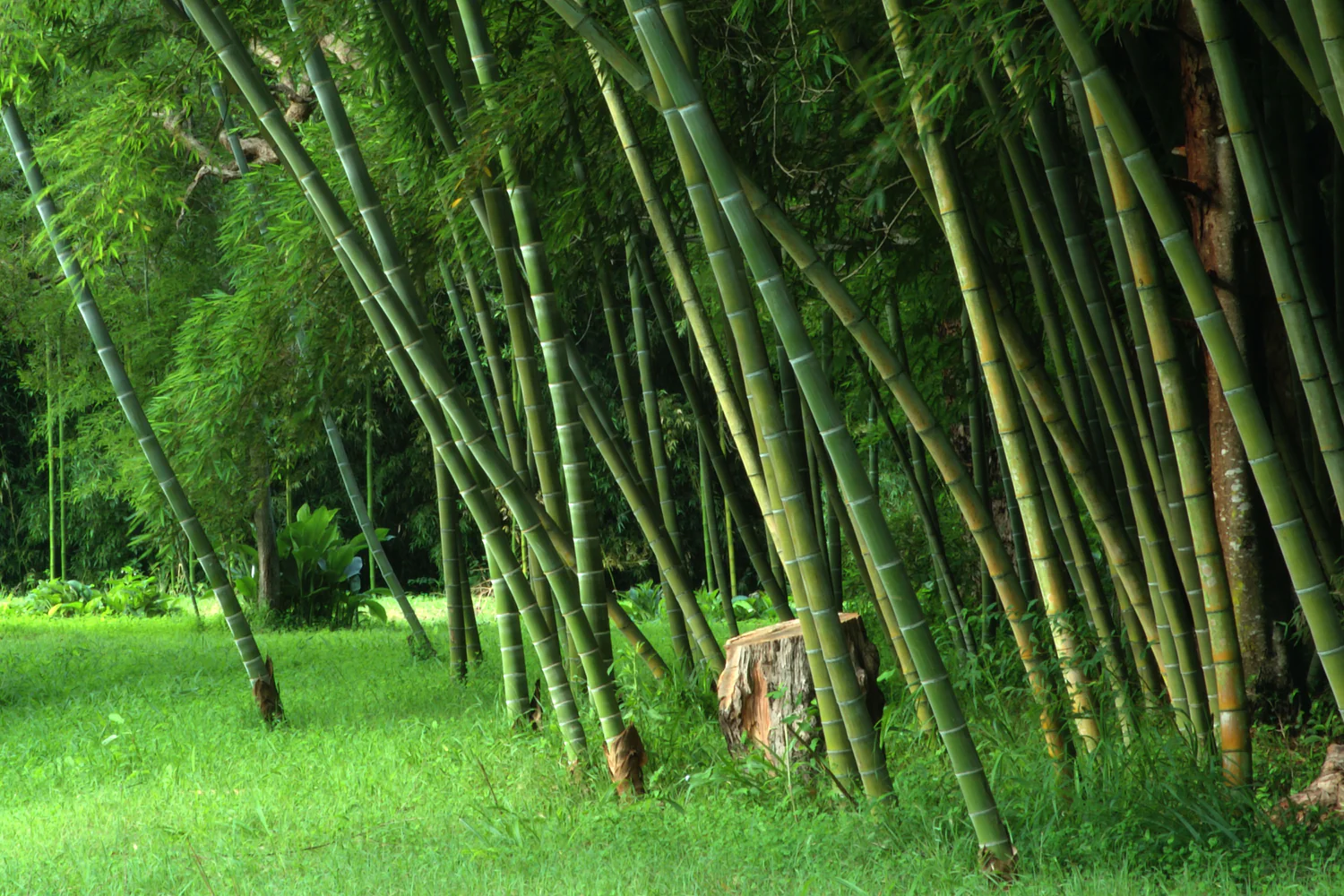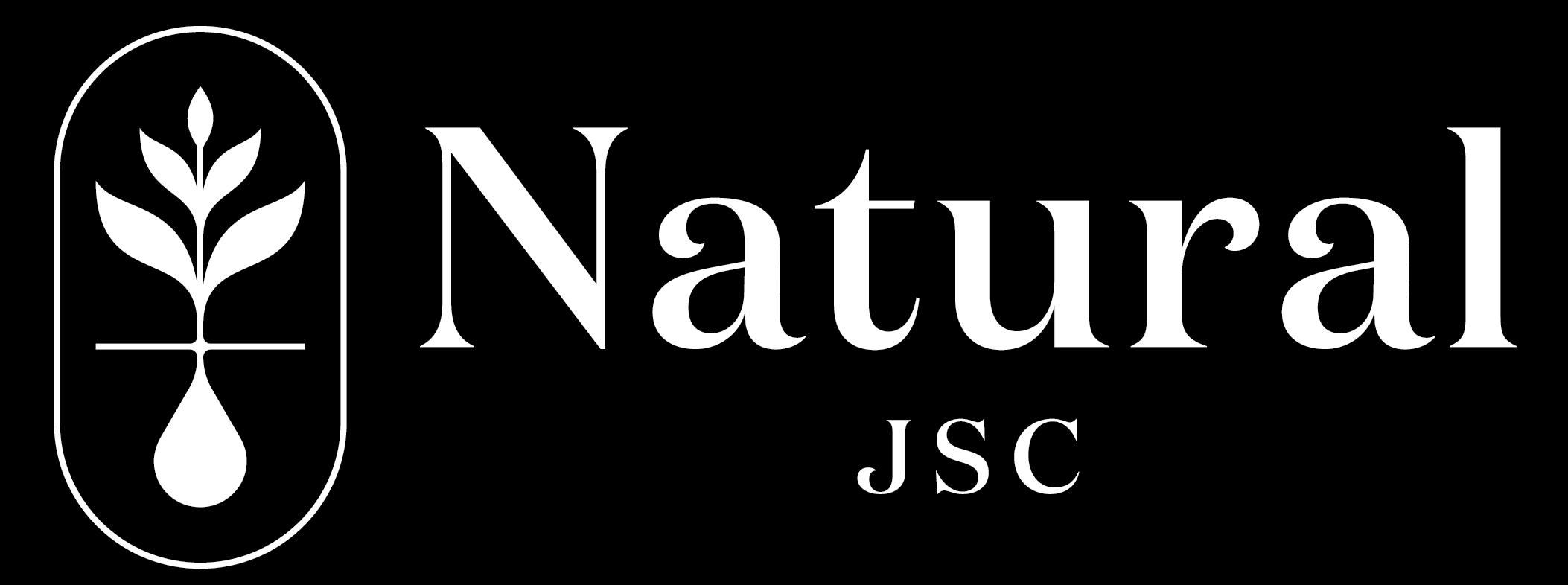The rapid growth of the green lifestyle has contributed to reducing plastic waste, sending positive signals for environmental protection efforts. Of course, this success would not be possible without the contribution of eco-friendly products—particularly bamboo products, a natural material that is widely appreciated and used around the world.
A brief overview of bamboo and bamboo products in Vietnam
Vietnam has over two hundred species of bamboo distributed from North to South, with a cultivation area that ranks fourth in the world. Through folk tales, we see that bamboo has always been a familiar material used by Vietnamese people in architecture and everyday life. Even now, after thousands of years of history, bamboo products remain widely used.

In addition to its cultural and traditional significance, bamboo also contributes significantly to Vietnam’s economy, as our country is the world’s third-largest exporter of bamboo products. Moreover, the bamboo product market continues to grow, driven by the rising popularity of eco-friendly trends.
Why is bamboo considered an eco-friendly material?
Fast and sustainable growth ability
Bamboo has an astonishing growth rate, capable of growing up to 90 cm per day under optimal conditions. It takes only about five years for a bamboo plant to reach maturity. Compared to hardwood trees, which often require over a decade to mature, bamboo is much easier and faster to harvest. This makes bamboo not only a highly sustainable resource but also a practical alternative to wood.
Low resource requirements
Thanks to its adaptability and strong growth characteristics, maintaining a bamboo forest is relatively simple. It requires minimal water, little human labor, and typically does not need pesticides or fertilizers—yet it still grows healthily. This low-cost cultivation process helps conserve natural resources while minimizing environmental impact.
Carbon absorption
One of bamboo’s most impressive environmental benefits is its exceptional carbon absorption capacity. Research shows that, per unit of area, bamboo can absorb more carbon dioxide than many other types of cultivated trees. This not only improves air quality but also plays an important role in reducing the greenhouse effect and fighting climate change.
Fully biodegradable
Like other natural materials, bamboo has the ability to decompose naturally without causing any negative impact on the environment. While plastic products can take hundreds of years to break down completely, bamboo products typically decompose within a few months to a year. Once fully decomposed, bamboo turns into inorganic substances like water and minerals which help enrich the soil.
Benefits of bamboo products
Besides environmental advantages, bamboo when processed into products also carries many strengths that make it popular, such as:
Antibacterial & Deodorizing Properties
Bamboo contains active compounds such as chlorophyll, sodium copper chlorophyllin, and bamboo kun, which help inhibit the growth of bacteria and mold. As a result, bamboo products possess natural antibacterial and deodorizing properties. These qualities are especially valuable in textile applications (such as bamboo fiber fabrics) and food-related items (like bamboo cutting boards).
Durability over time
It is no coincidence that bamboo has been used as a building material and for crafting furniture since ancient times. In addition to being resistant to mold and termites, bamboo is known for its excellent impact and abrasion resistance. When properly treated, bamboo products can last for decades without cracking or deforming under thermal stress, unlike many plastic products.
Reasonable price
Thanks to its rapid growth and low resource requirements, bamboo products are generally affordable and remain competitively priced in the market.
Outstanding eco-friendly bamboo products

Bamboo comb
A lightweight bamboo comb is a perfect way to add a touch of eco-friendliness to your daily routine or travel kit. Not only are bamboo combs environmentally friendly and durable, but they also help reduce static electricity, keeping your hair smooth and manageable.
Bamboo toothbrush
Unlike plastic toothbrushes, which can take hundreds of years to decompose fully, bamboo toothbrushes typically break down within a few months to a year without harming the environment. Additionally, thanks to their natural antibacterial properties, bamboo toothbrushes promote better hygiene and cleanliness for your oral care.
Kitchenware
Thanks to its durability and natural antibacterial properties, bamboo is a popular choice for common kitchen products such as cutting boards, bowls, plates, and more. These products meet the demands for convenience, longevity, and health safety, while helping to reduce disposable kitchenware and minimize environmental waste.
Fashion
Recently, bamboo fabric has been increasingly used by many clothing brands in Vietnam, including leading names like Satino and Coolmate. Beyond its sustainability, bamboo fabric is prized for its softness, breathability, and excellent sweat absorption. This eco-friendly material is suitable for all skin types, including sensitive and delicate skin, such as that of babies.
Conclusion
Bamboo and its products not only provide health benefits to users but also offer a sustainable and practical solution for preserving and protecting the environment. So, what are you waiting for? Let’s bring green into your life and surroundings by choosing eco-friendly bamboo products today.
